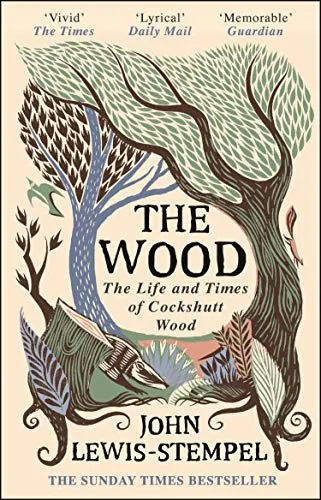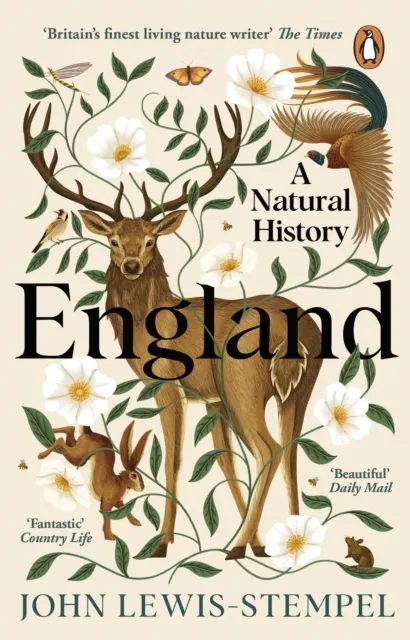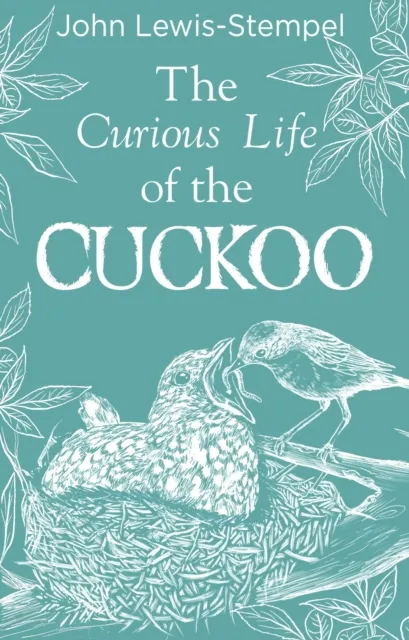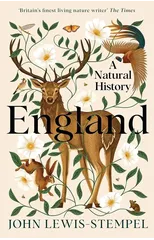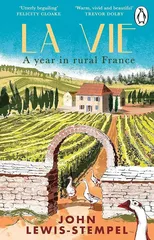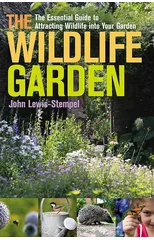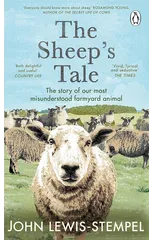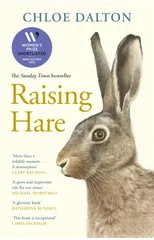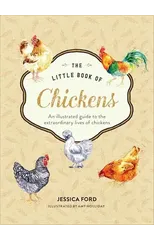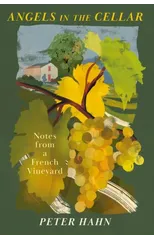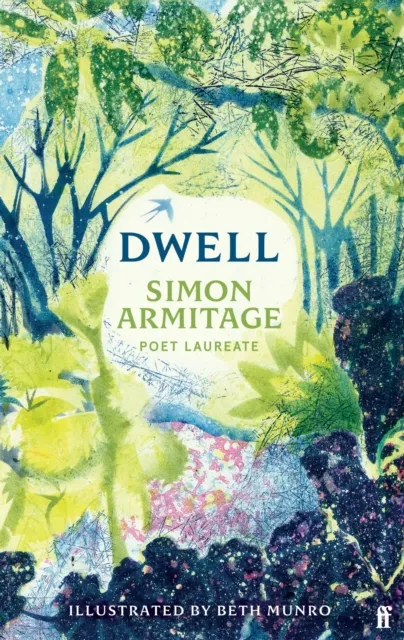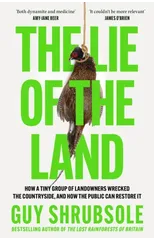The Wood
The Life & Times of Cockshutt Wood
(Autor) John Lewis-Stempel'BRITAIN'S FINEST LIVING NATURE WRITER' - THE TIMES A SUNDAY TIMES BESTSELLER and BBC Radio 4 'Book of the Week' from 'indisputably, one of the best nature-writers of his generation' (Country Life) Written in diary format, The Wood is the story of English woodlands as they change with the seasons. Lyrical and informative, steeped in poetry and folklore, The Wood inhabits the mind and touches the soul. For four years John Lewis-Stempel managed Cockshutt wood, a particular wood - three and half acres of mixed woodland in south west Herefordshire - that stands as exemplar for all the small woods of England. John coppiced the trees and raised cows and pigs who roamed free there. This is the diary of the last year, by which time he had come to know it from the bottom of its beech roots to the tip of its oaks, and to know all the animals that lived there - the fox, the pheasants, the wood mice, the tawny owl - and where the best bluebells grew. For many fauna and flora, woods like Cockshutt are the last refuge. It proves a sanctuary for John too. To read The Wood is to be amongst its trees as the seasons change, following an easy path until, suddenly the view is broken by a screen of leaves, or your foot catches on a root, or a bird startles overhead. This is a wood you will never want to leave.
John Lewis-Stempel
John Lewis-Stempel is a British author known for his works in the field of natural history and rural living. His writing style is characterized by its lyrical prose and deep connection to the natural world. He has published over 40 books, including "Meadowland" and "The Running Hare," which have received critical acclaim for their vivid descriptions of the British countryside.
Lewis-Stempel's contributions to literature include his ability to transport readers to the beauty and wonder of the natural world through his immersive storytelling. His work has had a significant impact on the nature writing genre, inspiring readers to appreciate and protect the environment.
One of his most famous works is "The Wild Life," which won the Thwaites Wainwright Prize for Nature Writing in 2015. This book delves into the history and future of the British countryside, highlighting the importance of preserving its biodiversity and wildlife. Through his writing, John Lewis-Stempel has become a prominent voice in the field of nature writing, inspiring readers to reconnect with the natural world and protect it for future generations.
